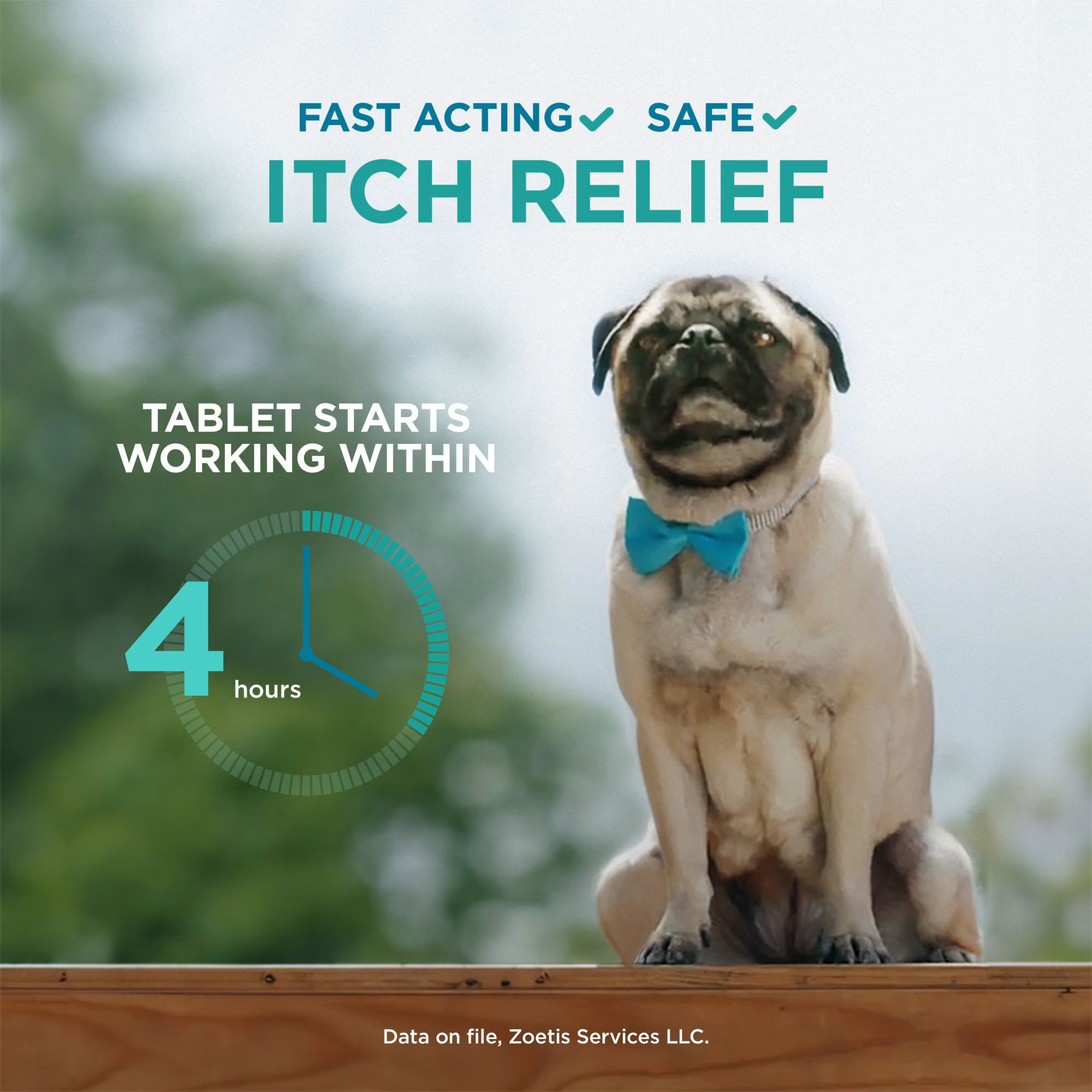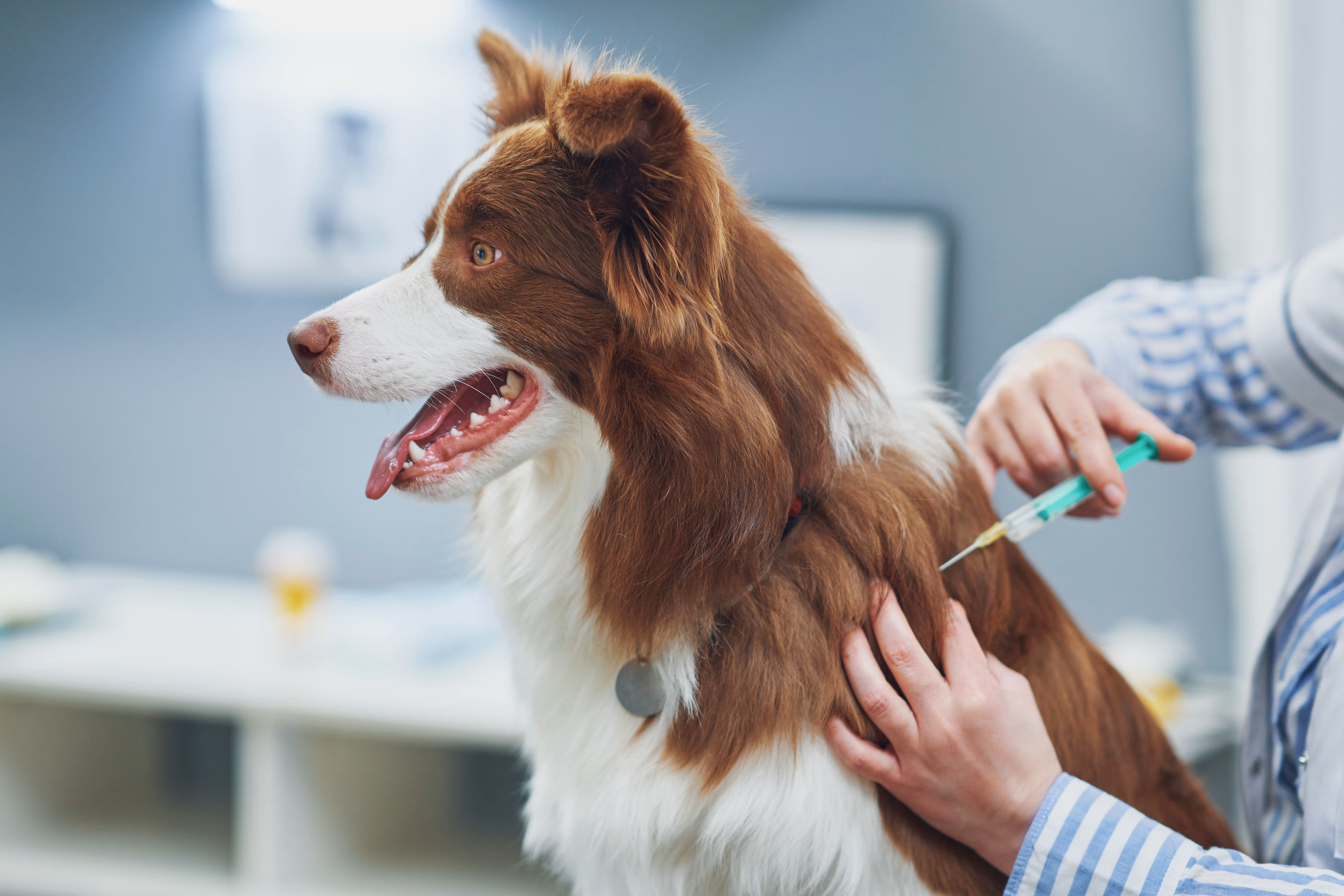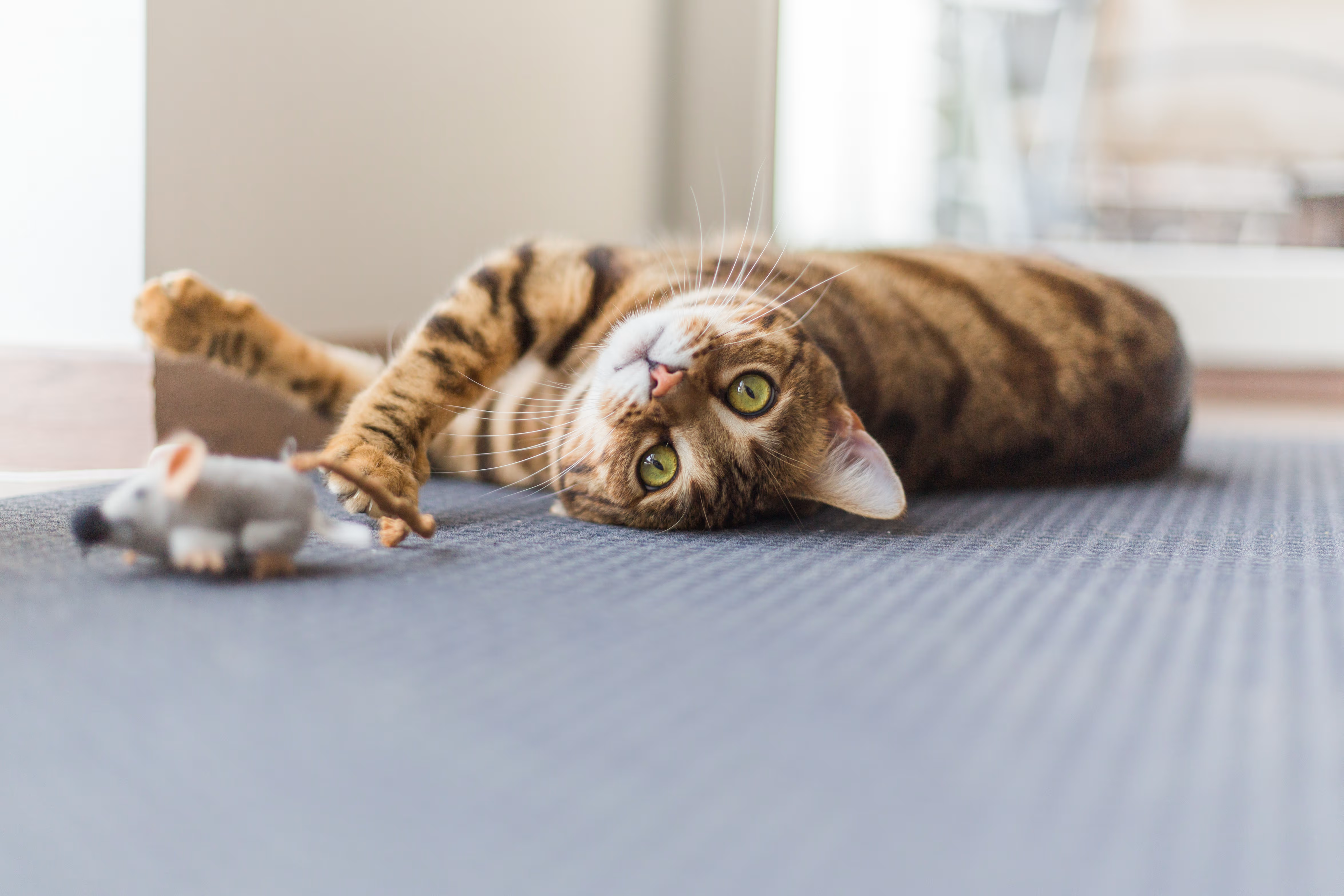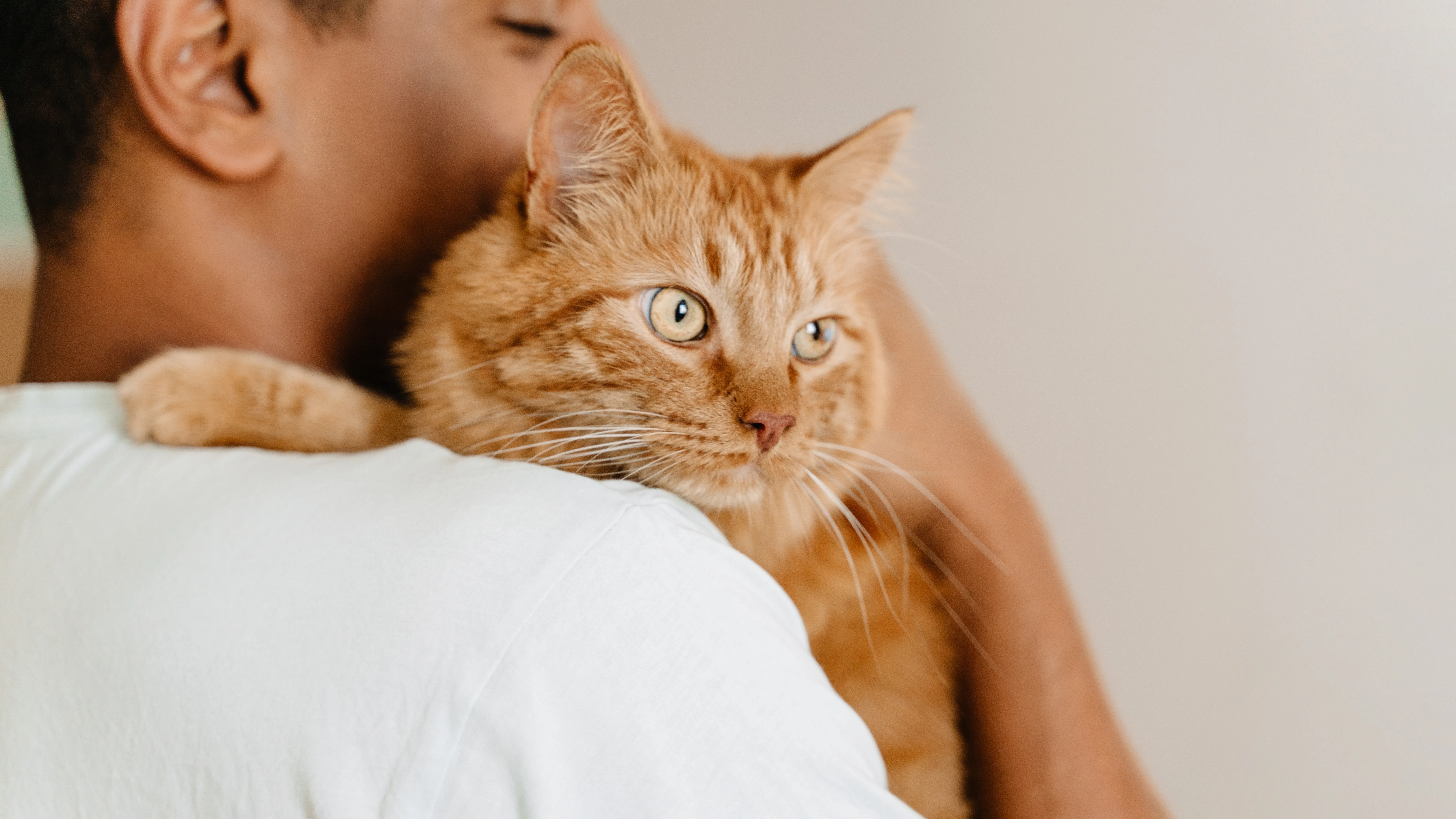Zeniquin
Related Searches
Zeniquin (Marbofloxacin)
Is your pet in discomfort due to a urinary tract or kidney infection? Are they itchy from a skin infection that just won’t go away? Treating bacterial skin infections in dogs and cats isn’t always easy. Your veterinarian may prescribe Zeniquin—marbofloxacin is its active ingredient. Zeniquin is a prescription antibiotic for dogs and cats used to treat bacterial infections of the soft tissues, including the skin, bladder, kidneys and prostate.
Frequently Asked Questions
Zeniquin (marbofloxacin) is an antibiotic approved for use in the treatment of susceptible bacterial infections of the skin and soft tissue and urinary tract infections.
Zeniquin is for adult dogs and cats.
-
Treats bacterial infections in multiple organs
-
Usually prescribed at once-a-day dosing
-
Tablets are scored for accurate dosing
Zeniquin kills susceptible bacteria through its action on the bacteria's DNA.
Zeniquin tablets are given orally. Provide plenty of fresh water for your pet to drink. Do not give within two hours of giving dairy products.
Always follow the dosage instructions provided by your veterinarian. If you have difficulty giving the medication, contact your veterinarian. Use all of the medication prescribed, even if your pet appears well. If the entire course of treatment is not given, the infection may recur or worsen.
Your pet's symptoms and infection should begin to show signs of improvement in two to three days. Use all of the medication prescribed, even if your pet appears well. If the entire course of treatment is not given, the infection may recur or worsen. Consult your veterinarian if the animal's condition does not improve or worsens after beginning treatment with Zeniquin.
Zeniquin comes in tablet form.
Marbofloxacin
Talk to your veterinarian about what tests and exams may be necessary while your pet is taking Zeniquin. Also discuss how long the treatment period will be and what type of outcome is expected.
Tell your veterinarian if your pet has a history of seizures, may be pregnant or is nursing, or if you intend to breed your pet.
Notify your veterinarian of any other medications or supplements your pet is taking, and also if your pet has had any reactions to previous medications.
If you miss a dose, give it as soon as you remember. If it is almost time for the next dose, skip the one you missed and go back to the regular schedule. Do not give two doses at once.
Follow your veterinarian's directions and give the full course of Zenequin as prescribed. Consult your veterinarian if the animal's condition does not improve or worsens after beginning treatment with Zenequin. Do NOT use in rapidly growing pets unless under the supervision of a veterinarian.
Not for use in animals hypersensitive (allergic) to marbofloxacin or similar drugs such as enrofloxacin (Baytril®).
Use with caution in animals with central nervous system (CNS) disorders, such as epilepsy, as it could possibly cause seizures. Use with caution in pets with liver or kidney disease.
May cause problems in the development of bones/joints of young growing animals. Do not use in small and medium breed dogs less than 8 months of age, large breeds less than 12 months of age or giant breeds up to 18 months of age. Do not use in cats less than 12 months of age.
The safe use of Zenequin in breeding animals or pregnant or lactating animals (female animals nursing their young) has not been determined.
At high doses, some quinolone antibiotics may cause altered vision or blindness in cats. If your cat shows any sign of vision problems, including dilated (enlarged) pupils or any change in behavior, contact your veterinarian immediately.
In pets taking quinolone antibiotics, dehydration increases the risk of seizures and crystals developing in the urine. Make sure that your pet has access to clean drinking water while taking this medication.
May see lack of appetite, vomiting, diarrhea, and tiredness. More rarely, may see seizures in animals with central nervous system (CNS) disorders, or other signs such as depression, dizziness, nervousness, or other behavior changes. If you observe any of these signs, contact your veterinarian.
If your pet experiences an allergic reaction to the medication, signs may include facial swelling, hives, scratching, sudden onset of diarrhea, vomiting, shock, seizures, pale gums, cold limbs, or coma. If you observe any of these signs, contact your veterinarian immediately.
Store in a tight, light-resistant, childproof container at room temperature. Keep out of reach of children and pets.
May see lack of appetite, vomiting, or diarrhea, dizziness, dilated pupils or blindness (in cats), seizures in animals with central nervous system (CNS) disorders, such as epilepsy.
If you know or suspect your pet has had an overdose, or if you observe any of these signs in your pet, contact your veterinarian immediately.
Consult your veterinarian before giving marbofloxacin with any other medications, including vitamins and supplements, oral cyclosporine, other antibiotics, flunixin, glyburide, methotrexate, probenecid, theophylline, warfarin, and phenytoin, since interactions may occur.
Do not use within 2 hours of giving antacids, sucralfate, or iron, aluminum, calcium, or dairy products, as absorption will be decreased.
People with hypersensitivities (allergies) to quinolone antibiotics, such as ciprofloxacin or norfloxacin, should not handle the medication, since a reaction could occur just from contact.










